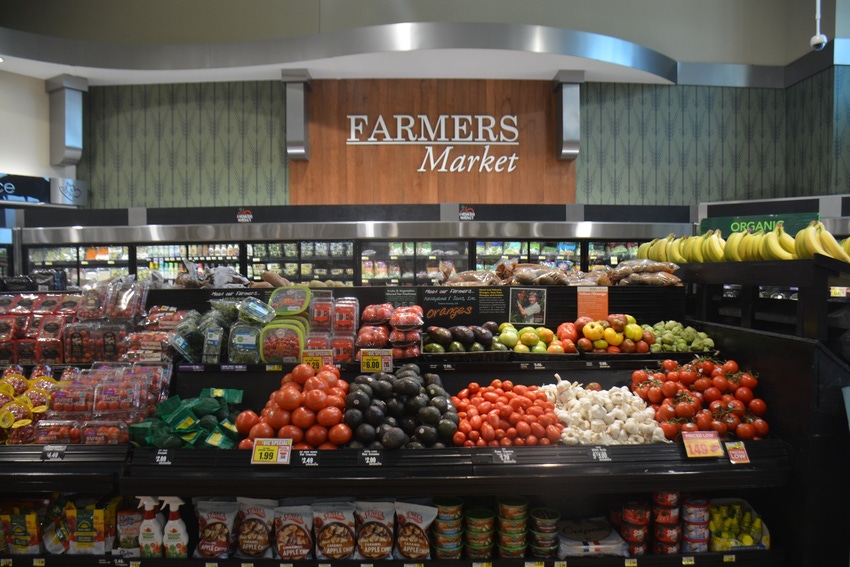
A common thread of discussion among farmers at Farm Bureau and commodity meetings is that people just don’t understand farming or know where their food comes from. A common line is that people think food comes from the grocery store and that chocolate milk comes from brown cows.
Pulitzer Prize winning humor columnist Dave Barry had the perfect take on farms and food in his keynote address at the American Farm Bureau Federation’s annual convention in Honolulu 10 years ago on Jan. 9, 2012, when he joked, “Americans don’t understand agriculture. Way too many Americans believe food comes from the supermarket. That’s so stupid. It comes from the trucks parked behind the supermarket. Even I know that.”
My take is that Americans have a vague understanding of agriculture. They know the food in their grocery store is grown on a farm, but the food production system works so well and is so efficient, and Americans are so well fed, they take it all for granted. Just as they don’t praise the electric company when the lights come on when they flip the switch or call the plumber just to let him know their shower is working just fine, consumers don’t call their local farmer and thank him for the tomatoes or strawberries.
Separate studies conducted by the North Carolina Chamber of Commerce and North Carolina Farm Bureau Federation confirm that North Carolinians value farmers, but they don’t really know much about farming. The chamber survey of 500 registered North Carolina voters conducted by CHS & Associates last July 26 through July 31 shows a 60% positive view of agriculture, the highest of any industry.
Results from the Farm Bureau focus groups held in the four major metropolitan areas of North Carolina last summer confirm the chamber’s findings that consumers have a mostly positive view of farmers and agriculture. A key takeaway is that consumers don’t fully understand agriculture, but they do trust farmers.
This is certainly encouraging news. Indeed, it is entirely safe to say that Americans have a far greater appreciation for farmers than they do for politicians, journalists, lawyers or used car salesmen. The challenge is that farmers do such a great job, they are often taken for granted.
A clear takeaway is do not break a system that clearly works. There are now warning signs in our food production system brought on by rampant inflation and escalating food prices, and the wheat shortages due to Vladimir Putin’s assault on Ukraine. Consumers are beginning to worry there may well be food shortages at their favorite supermarket.
Our food supply system is being tested, and the worry is that policy experts may incorrectly decide the system must be repaired as a means to deal with skyhigh food costs. That would be a mistake. Just as you don’t hit the shower head with a hammer if the hot water fails to come on, we can’t allow career politicians like Joe Biden, Chuck Schumer, and Nancy Pelosi, who are far removed from agriculture, take their policy hammer, and break a food production system that works so well.
The solution is for politicians get out of the way and allow farmers and other parts of the food production system continue to do what they do best. The system works well. Let’s not fix something that isn’t broken.
About the Author(s)
You May Also Like






